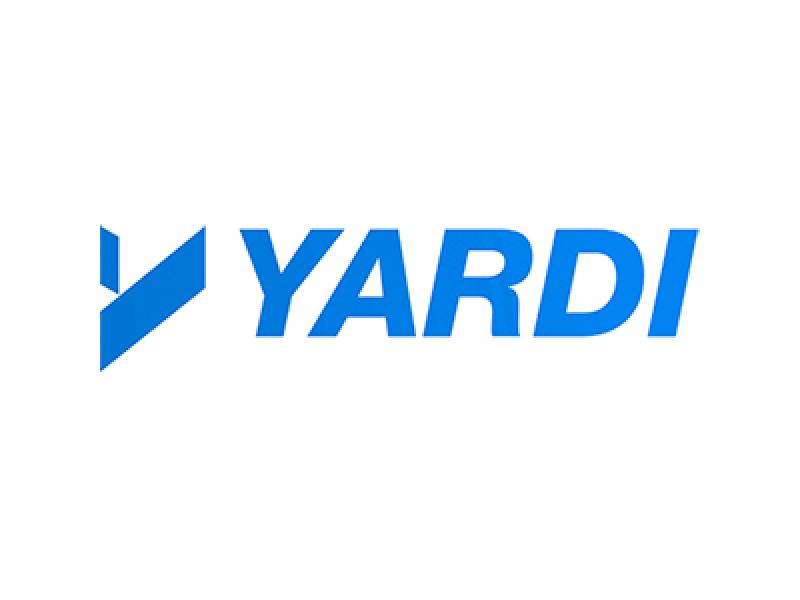According to coworker.com, there are more than 350 coworking spaces in Canada, with Montreal, Toronto and Vancouver as the top markets. On a global scale, the 2019 Deskmag global coworking survey results estimated that, by the end of 2019, there will be 22,400 spaces and over 2.1 million coworking members. Coworking has become a competitive advantage in a commercial real estate portfolio, but how do you remain ahead of the competition? The first step is by making sound real estate decisions to start or grow your business.
Whether you’re opening your first coworking space or trying to expand to multiple locations, selecting where to open is step one. Toronto, Vancouver and Montreal might be the top markets, but it’s important to target an area with low vacancy rates because that implies, generally, a high office demand. Selecting a location with a high vacancy rate is not ideal because it will put you up against traditional office space, especially in a market with low rental rates.
Analyze demographics
Target a city that’s primed for growth, is a hub for emerging technologies or has new businesses moving into the vicinity. Make sure you focus on population age, existing workforce, lifestyle and commercial trends developing there. A good source to reference is Statistics Canada’s CMAs list. These areas can provide a strong starting point for coworking operators to enter a market prior to saturation — generally at lower price points than the major markets.
In cities that are spread out (like Greater Vancouver), it may take over an hour to commute from one side to the other. So, in this case, if you started in Surrey, consider Burnaby, Richmond and then downtown Vancouver, because your members will have easier access wherever they are.
Identify the right space for your brand
Do you want to be in a Class A office building on a high floor or would you rather occupy ground floor space? Do you know what are the most requested features in commercial spaces? Do you need outdoor space like a patio, backyard or rooftop? How important are natural light and windows? How strong is the internet connection, and is it secure?
These answers will all play a vital role in where you choose to open, and they depend largely on your member base and how you want to market your space.
Key strategies for a lease negotiation
Avoid narrowing your list of potential buildings too soon. You’ll lose leverage if you don’t have multiple proposals in hand to compare against each other.
Negotiate first right of refusal to expand, so that in the case you have a full floor booked out relatively quickly, you aren’t left without room to continue your growth in the building.
Create a partnership with the landlord. There is potential for small businesses or entrepreneurs to grow within your space and eventually expand to their own office.
Aim for a building that you can identify as part of your marketing. Also, get the landlord to commit to providing a temporary sales office during the construction of your space, which is immensely helpful prior to your grand opening.
Leasing vs. purchasing
Depending on the circumstances, either leasing or purchasing may be more beneficial to the operator and/or landlord.
In many cases, when it comes to purchasing, it’s as much about having experience as it is about having the funds. Overall, the main groups who are successful have decades of experience buying assets, whether it’s in the flexible workspace industry or any other field. Operators opening a first location generally aren’t best suited to win this type of battle.
Partnerships and other joint ventures provide an alternative to leasing and traditional purchases. In a great partnership, the developer or investor could potentially buy the building and lease it to you, the operator, for the desired amount of years.
Operators generally seek longer lease terms, but lease terms for corporate office spaces have been coming down to about 3-5 years recently. Analyze and compare all options to determine what is best financially for your situation.
In every situation, it’s important to be capitalized enough for unforeseen build-out expenses — or in case breaking even takes longer than expected.
Do your homework
Whether your space is big or small, whether you’re just starting out in this industry or you’re a seasoned veteran, it’s important to always do your homework. Make sure to cover your bases and speak to the right professionals when making real estate decisions. To help minimize your risk and maximize your potential for a successful space, read the full-length coworking ebook.
Yardi® develops and supports industry-leading investment and property management software. Yardi® Kube delivers comprehensive solutions for growing coworking spaces. For more information, visit yardikube.com.








